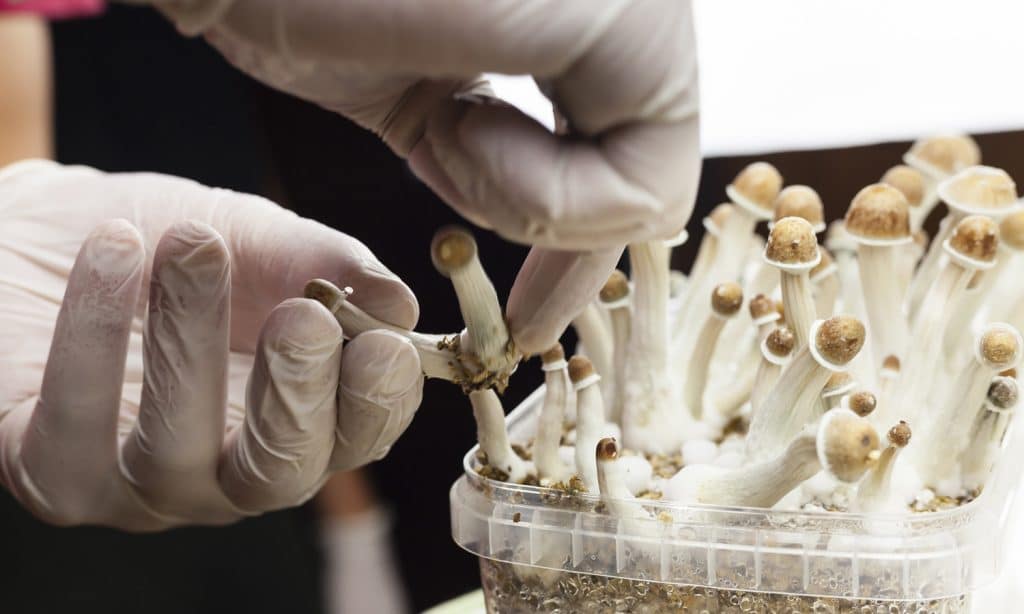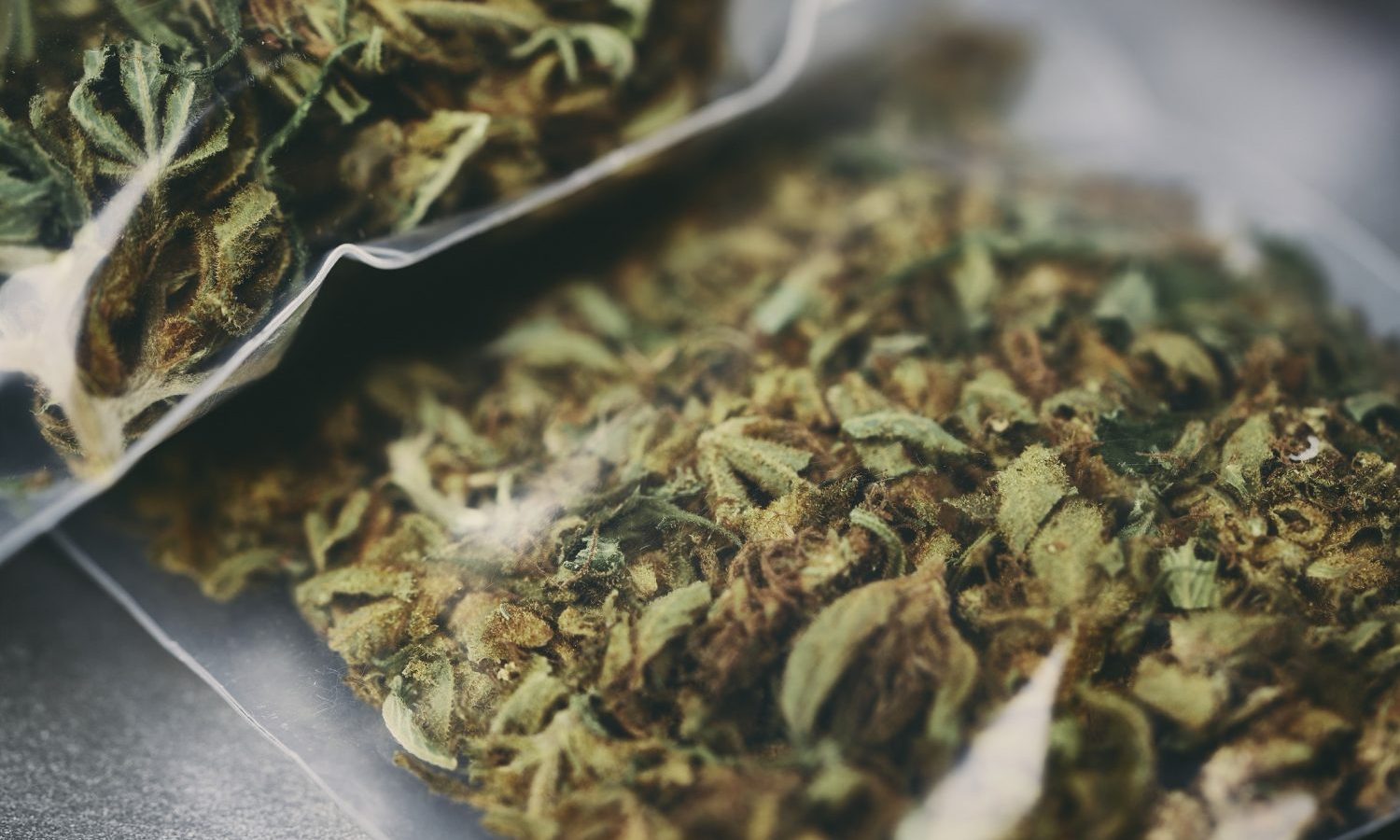There’s still a stigma attached to psychedelics and cannabinoids as being dangerous drugs that contain no medical value, but it’s slowly disappearing.
What do cannabis and psychedelics have in common? They’re all classified and considered illegal, dangerous substances in the U.S. However, many states are starting to recognize these substances for their medicinal and/or therapeutic value. Here are the impact psychedelics and cannabis on medicine.
So far, in more than half of the country, cannabinoids such as THC and CBD are recognized and/or treated as alternative medicine, and in recent years, views about psychedelics have shifted, especially within the medical field.
Before diving into the world of psychedelics and cannabis, it’s important to know that psychedelic drugs or hallucinogens are substances that produce different visual and/or auditory hallucinations. A few popular psychedelic drugs include LSD, DMT, peyote, “magic mushrooms”, ketamine, and MDMA. Then, there’s the plentiful cannabis plant, which contains over 400 chemical entities with more than sixty of them being cannabinoid compounds including cannabidiol (CBD) and tetrahydrocannabinol (THC).

In addition, to represent and advocate for the medicinal benefits of psychedelics, leaders in the psychedelic medicine field have joined forces to create the worldwide psychedelic medicine association (PMA). PMA aims to show people how psychedelic medicines could offer hope as groundbreaking alternative treatment methods for the purpose of improving one’s mental health, curbing and combating addiction, or serving as a pain management method.
What many might view as a small but mighty victory is that within the U.S., annual conferences like New York City’s “Horizons: Perspectives on Psychedelics” occur, which focus on discussing the latest developments in psychedelic science and medicine. As a result, the public and medical community can gain knowledge about the medicinal side of psychedelics and their potential.
RELATED: Could Psychedelics Be What Brings Us Back To Nature?
Furthermore, recent research findings indicate that compounds within psychedelics possess therapeutic value and potential in addition to serving as a rapidly-producing antidepressant, a treatment method for PTSD, and/or as a treatment method for those diagnosed with a terminal illness.
Regarding cannabis, its transformation over the last decade has been profound, especially because more than half of the country has legalized cannabis for medical and/or recreational purposes. New cannabinoids continue to be discovered, studied, and discussed in the medical community, and the list of medicinal and therapeutic benefits tied to cannabinoids keeps growing.
Emerging Research Findings About Psychedelics Worth Noting
Due to the groundbreaking findings in this field thus far, John Hopkins University (JHU) is studying the use of psilocybin to help treat addiction, anorexia, and other health issues. Interestingly enough, in 2017, the FDA approved “breakthrough therapy” status to MDMA-assisted psychotherapy as an alternative treatment method for PTSD. A year later, JHU researchers recommended that “magic mushrooms” be moved from Schedule I to Schedule IV so it could be used for medical purposes.
RELATED: Oregon Becomes First US State To Decriminalize Drug Possession, Begins Psilocybin Program
In addition, a 2017 study found that psilocybin from “magic mushrooms” can be used as an alternative treatment method for cancer-related psychiatric distress, anxiety, depression, addiction, and substance use disorders, which has captured the attention of many states, but particularly Oregon. Oregon recently introduced Measure 109, and if it passes and becomes law, Oregon will be the first state to legalize psilocybin on a statewide level, and medical professionals will be able to legally conduct psilocybin-assisted therapy in a supervised setting.
There’s still a stigma attached to psychedelics and cannabinoids as being dangerous drugs that contain no medical value, but it’s slowly disappearing. The abundance of research findings demonstrating the medicinal properties of these drugs continues to spread into the medical community, which is cause for celebration for many.


